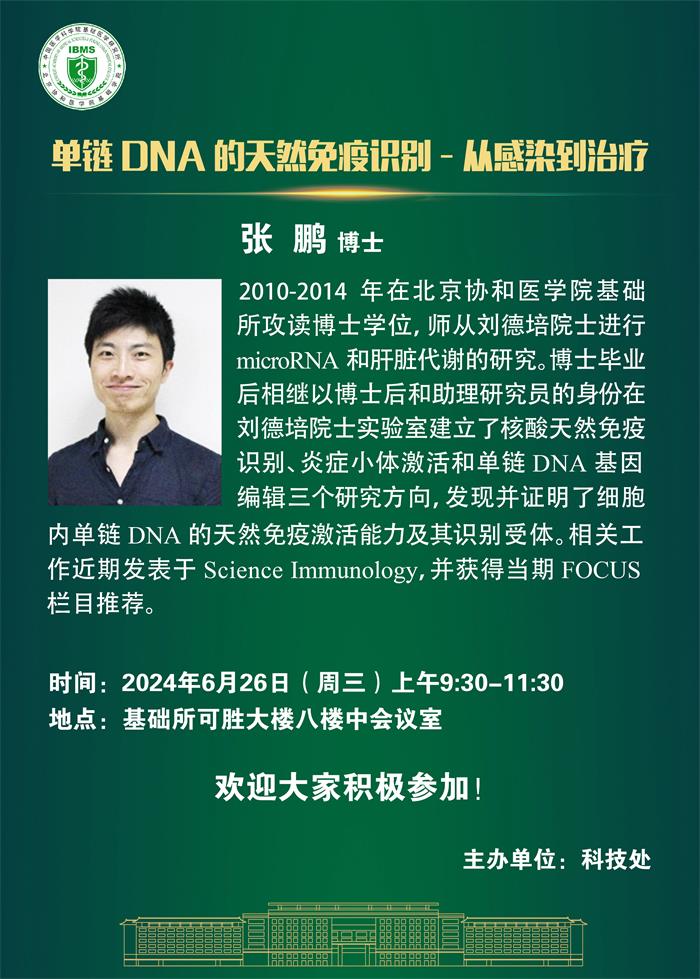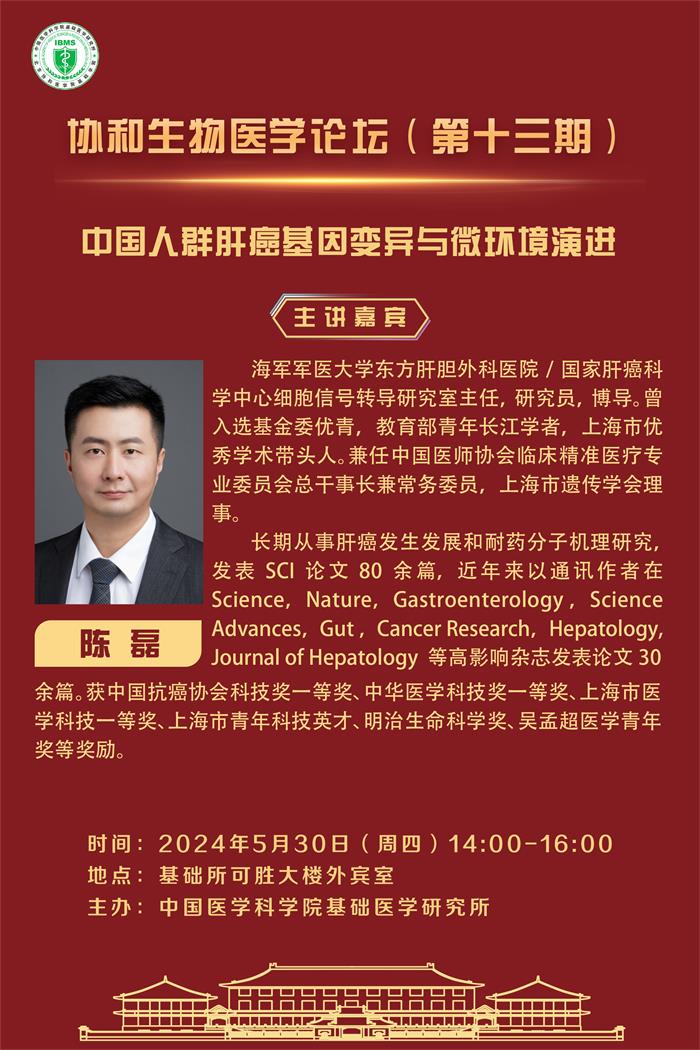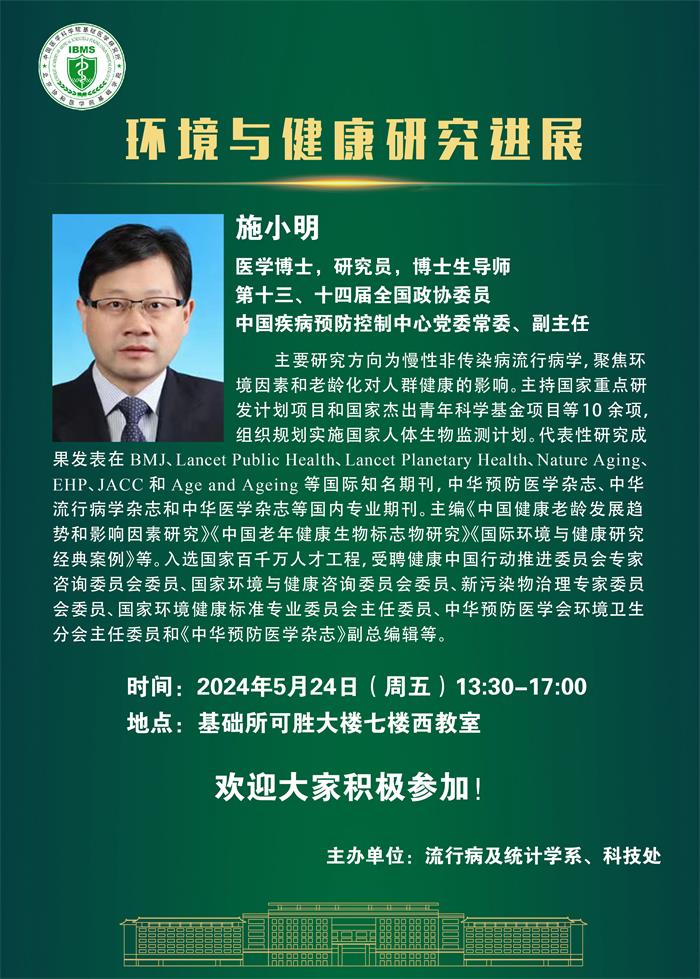Chloroquine modulates antitumor immune response by resetting tumor-associated macrophages toward M1 phenotype.
Chen D1, Xie J1, Fiskesund R1, Dong W1,
Liang X1, Lv J1, Jin X1, Liu J1, Mo S1, Zhang T1, Cheng F1, Zhou Y1, Zhang H2,
Tang K2, Ma J2, Liu Y1,3, Huang B4,5,6.
Nat Commun. 2018 Feb 28;9(1):873. doi:
10.1038/s41467-018-03225-9
PMID: 29491374
Abstract
Resetting tumor-associated macrophages (TAMs) is a promising strategy to ameliorate the immunosuppressive tumor microenvironment and improve innate and adaptive antitumor immunity. Here we show that chloroquine (CQ), a proven anti-malarial drug, can function as an antitumor immune modulator that switches TAMs from M2 to tumor-killing M1 phenotype. Mechanistically, CQ increases macrophage lysosomal pH, causing Ca2+ release via the lysosomal Ca2+ channel mucolipin-1 (Mcoln1), which induces the activation of p38 and NF-κB, thus polarizing TAMs to M1 phenotype. In parallel, the released Ca2+ activates transcription factor EB (TFEB), which reprograms the metabolism of TAMs from oxidative phosphorylation to glycolysis. As a result, CQ-reset macrophages ameliorate tumor immune microenvironment by decreasing immunosuppressive infiltration of myeloid-derived suppressor cells and Treg cells, thus enhancing antitumor T-cell immunity. These data illuminate a previously unrecognized antitumor mechanism of CQ, suggesting a potential new macrophage-based tumor immunotherapeutic modality.





